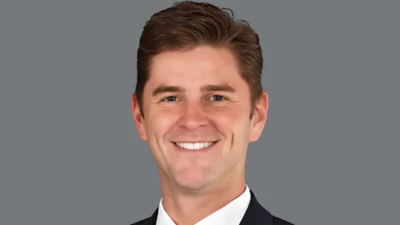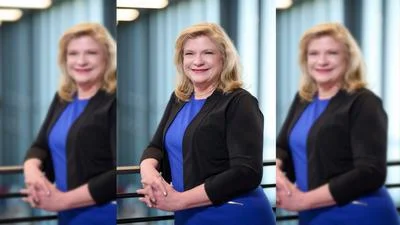The pandemic loosens its grip, but loneliness epidemic keeps a tight hold | https://newsroom.osfhealthcare.org/
The pandemic loosens its grip, but loneliness epidemic keeps a tight hold | https://newsroom.osfhealthcare.org/
The pandemic loosens its grip, but loneliness epidemic keeps a tight hold
While society adjusts to the new normal of work, family, social interaction, along with an easing of health and safety protocols post-pandemic, behavioral health leaders say the residual impact on increasing loneliness among all age groups and populations can’t be ignored.
Research has found that social isolation significantly increases a person's risk of premature death from all causes, a risk that may rival those of smoking, obesity, and physical inactivity.
For example, a study, published by Jama Network Open establishes a link between social isolation and blood-clotting protein levels which can contribute to stroke or heart attacks in older women. Being lonely could trigger flight and fight stress levels of fibrinogen which usually spikes in case of blood loss and injury.
Most of us understand that getting older can mean a loss of friends and a greater feeling of loneliness but in recent years, researchers have found millennials are feeling lonelier than Baby Boomers.
According to a study by Cigna, young adults are twice as likely to be lonely than seniors. Seventy-nine percent of adults aged 18 to 24 report feeling lonely compared to 41% of seniors aged 66 and older. This is consistent with earlier research.
Morgan Hurtado of Bloomington, Illinois is in her early 30s and has three younger boys. She works days. Her husband works second shift. Weekends are spent with her oldest boy’s travel soccer team. But Hurtado lives where she grew up and has longtime friends nearby. However, she says at least one other millennial friend has moved and feels very disconnected.
“I see him a lot on social media just doing things by himself or maybe on Snapchat just sitting at home, watching TV, not really going out and having face-to-face interactions in a large group setting where there, being a metropolitan area, there’s plenty of opportunity to do that,” she shared.
OSF HealthCare Behavioral Health Director Cheryl Crowe says many millennials are focused on developing and advancing in their careers which often takes them away from their family and friends.
“We’re now a very mobile workforce. Previously the kids who came back home, worked and they were near family, and they still had their high school friends. That dynamic is fading quite a bit,” she suggested.
Crowe points out loneliness is not about being physically alone, but it speaks to a loss of feeling connected through meaningful relationships. Other studies have decisively linked heavy social media and internet use with both loneliness and depression. Crowe says it’s certainly a contributing factor with an age group which tends to spend more time on the internet and social media.
“When you are on social media, a lot of what you’re seeing is not reality. What we post are our best situations, our best self, our best opportunities and often when we look at that, we may not measure up to what our friends are doing or what our acquaintances are doing,” according to Crowe.
As Hurtado began reflecting, the mom realized she mostly relies on her family for intimate discussions and support. She is challenging herself to get out of her comfort zone and make more in-person connections.
“Something I’m trying in my personal life as sort of an experiment if you will, is to limit my social media interactions or just limit my time as a whole on social media, forcing me to have those in-person interactions more often and maybe leading to new relationships, friendships.”
Original source can be found here





 Alerts Sign-up
Alerts Sign-up